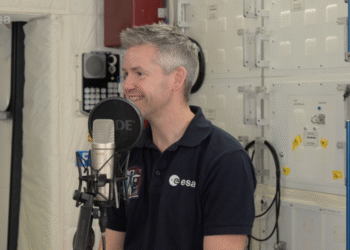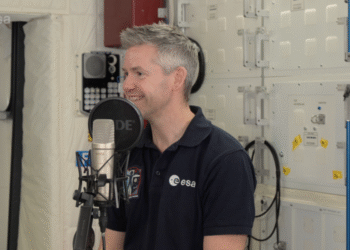The International Space Station (ISS) provides a unique environment to study the physiological changes that occur in astronauts living in space for extended periods. Researchers are primarily interested in understanding how the microgravity environment affects astronauts’ eyes, brain, and blood. These studies are crucial for maintaining astronaut health and planning future long-duration missions beyond Earth’s orbit.
Eye-Related Changes
A plethora of research is directed towards understanding the eye-related changes faced by astronauts. These changes can include altered vision and other ocular effects. The weightlessness of space is known to affect eye structure and function, which poses a significant challenge for missions to Mars where eye health will be critical for mission success.
Brain Adaptations
The human brain experiences physiological adaptations in space. Studies are ongoing to examine how microgravity affects brain structure and function. The potential effects on cognitive functions and psychological health are being investigated, with a focus on ensuring that astronauts maintain optimal mental performance during missions.
Blood and Microgravity
Microgravity also impacts the circulatory system. Changes in blood flow and distribution are critical areas of study. Understanding how these changes affect overall health and the potential long-term impacts on cardiovascular health is essential for preparing astronauts for extended missions.
These ongoing investigations are vital for ensuring astronaut health and developing necessary countermeasures to mitigate physiological changes, enabling safe and effective long-duration missions.
For more information, please visit the NASA source.






















